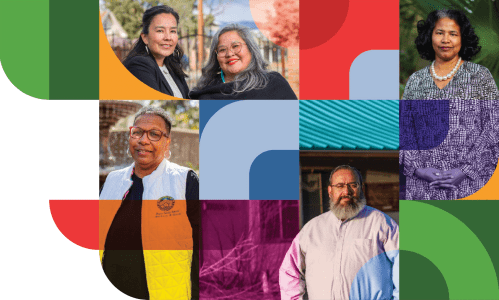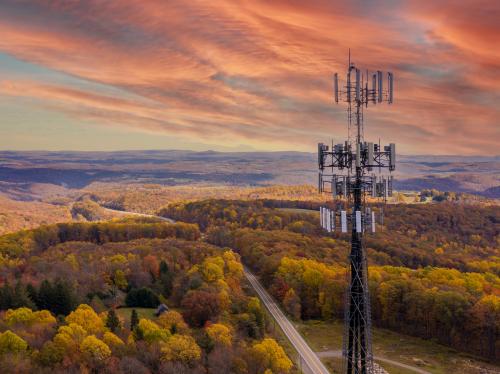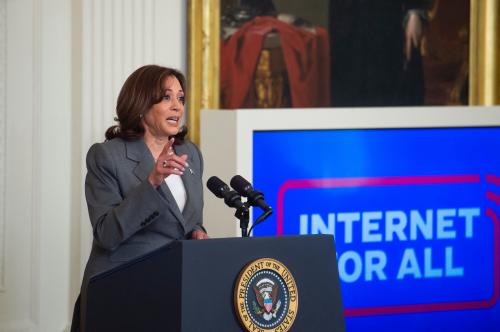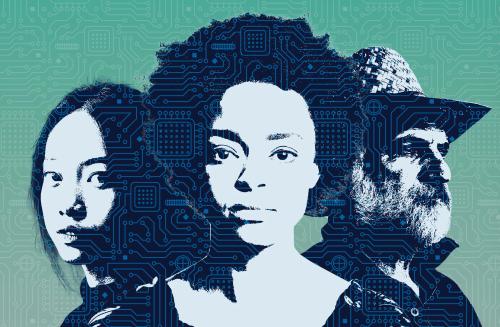Spectrum is an indispensable part of our everyday lives, even though we can’t see it physically. The radio transmissions power our traditional broadcast stations and facilitate even greater communications via our smartphones. From enabling daily tasks found on internet-enabled apps to essential federal necessities, such as space operations and aeronautical or maritime navigation, spectrum powers everything. Yet it is a finite critical resource, with regulatory responses and licensing processes split between the Federal Communications Commission and the National Telecommunications and Information Administration for non-federal and federal use respectively. Spectrum policy has been essential in determining how to encourage communications technology development while ensuring equitable access.
The emergence of 5G, or fifth generation wireless, has further complicated the field of spectrum policy. 5G promises to be one of the fastest technologies the world has ever seen, but again the country needs more spectrum to realize these aspirations. Successfully closing the digital divide also requires more spectrum in the licensed and unlicensed spaces, and as part of this conversation, it is essential to interrogate if the lack of available spectrum will be a dealbreaker in recent historic investments through the Infrastructure Investment and Jobs Act (IIJA) to address such disparities.
On TechTank, host Nicol Turner Lee tackles these questions and more in conversation with Andrew Von Ah, director in the Government Accountability Office’s Physical Infrastructure Team; Shane Tews, a nonresident senior fellow at the American Enterprise Institute; and Kathleen Burke, policy counsel at Public Knowledge.
You can listen to the episode and subscribe to the TechTank podcast on Apple, Spotify, or Acast.
TechTank is a biweekly podcast from The Brookings Institution exploring the most consequential technology issues of our time. From artificial intelligence and racial bias in algorithms, to Big Tech, the future of work, and the digital divide, TechTank takes abstract ideas and makes them accessible. Moderators Dr. Nicol Turner Lee and Darrell West speak with leading technology experts and policymakers to share new data, ideas, and policy solutions to address the challenges of our new digital world.






Commentary
PodcastDo you know where your spectrum is? The U.S.’s never-ending quest for more bandwidth | The TechTank Podcast
September 6, 2022